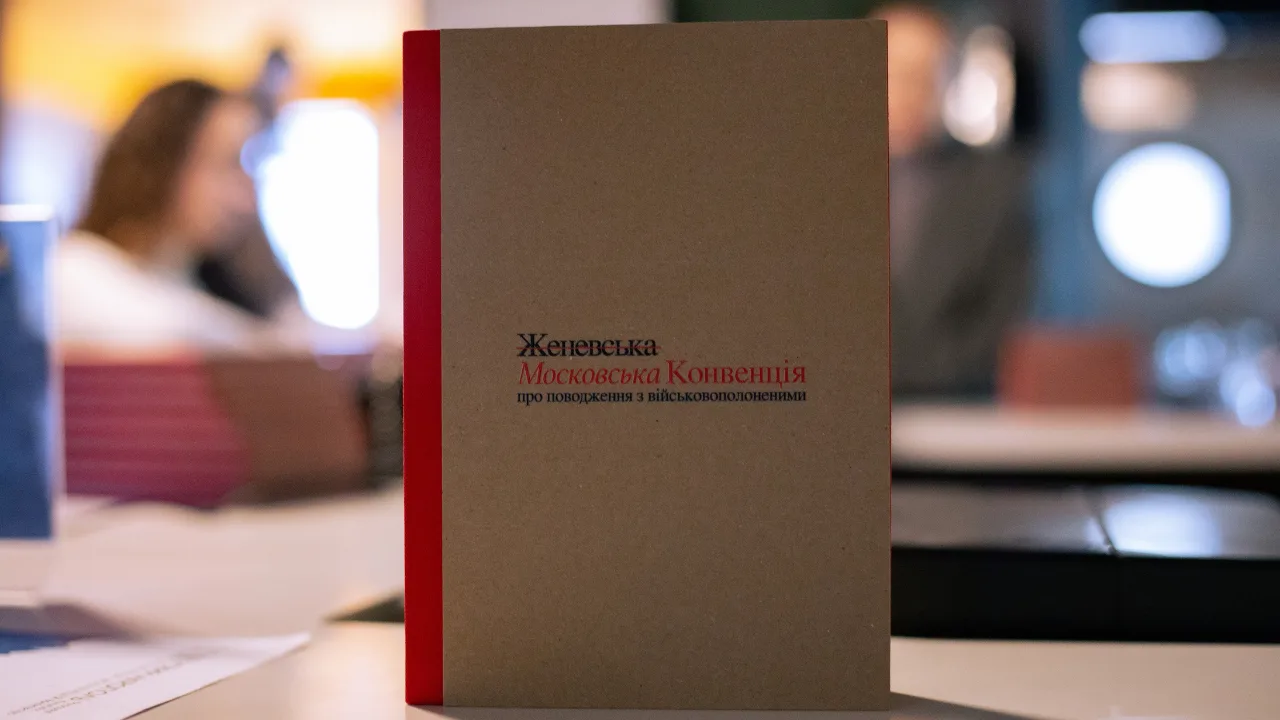“Moscow Conventions” is a small but terrifying book. It contains real testimonies of Ukrainians released from captivity. The entire civilized world knows the Geneva Conventions, which, among other things, prescribe the rules for the treatment of prisoners of war. However, Russia has been blatantly ignoring them for ten years now. It seems that it has invented its own inhumane rules.
Read also: “Fashion space for all”: adaptive clothing as a way to inclusivity in Ukraine
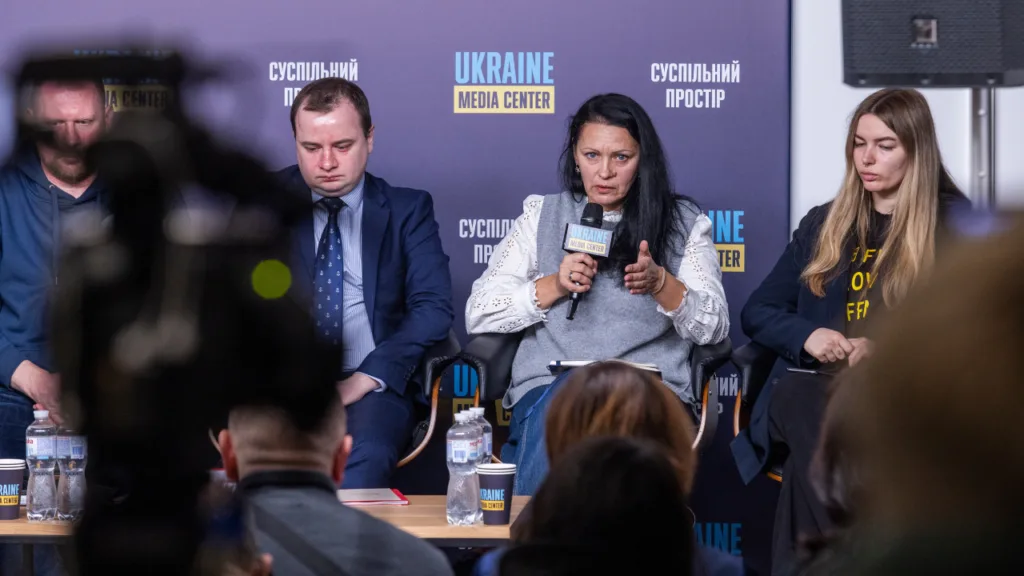
A Pill for Cruelty
The prototype of the Geneva Conventions were international treaties that were developed as early as 1864. In the form we know them, the Geneva Conventions appeared after the end of World War II.
“It was supposed to be a pill for cruelty. Instead, it became a pill that blinds,” says Ukrainian Ombudsman Dmytro Lubinets. “The entire international community understands that Russia is deliberately violating the rights of Ukrainian prisoners of war. They understand, but do nothing. Therefore, the idea arose to present the Moscow Conventions, under which the Russian Federation operates. This document describes 15 stories of former prisoners of war. The ‘Moscow Conventions’ should show that Russian cruelty is a challenge for the whole world, not just for Ukrainians. Unfortunately, all this has happened before. The problem is that the world does not want to learn from history.”
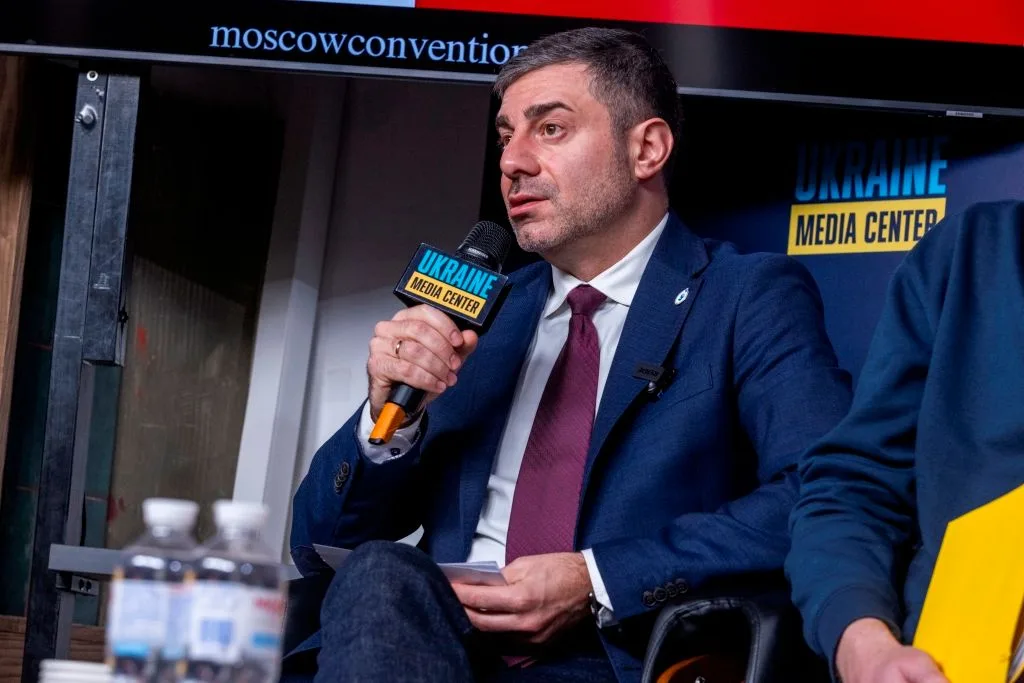
Why Not Repay in Kind?
In contrast to the Russian Federation, Ukraine always adheres to the norms of the Geneva Convention regarding the treatment of prisoners of war. We see photos and videos of Russian prisoners – they are well-fed, without bruises or other injuries. Why don’t we also turn a blind eye to the Geneva Convention if our enemy does?
Oleh Hushchyn, a representative of the Coordination Headquarters for the Treatment of Prisoners of War, shows two huge books before answering the question.
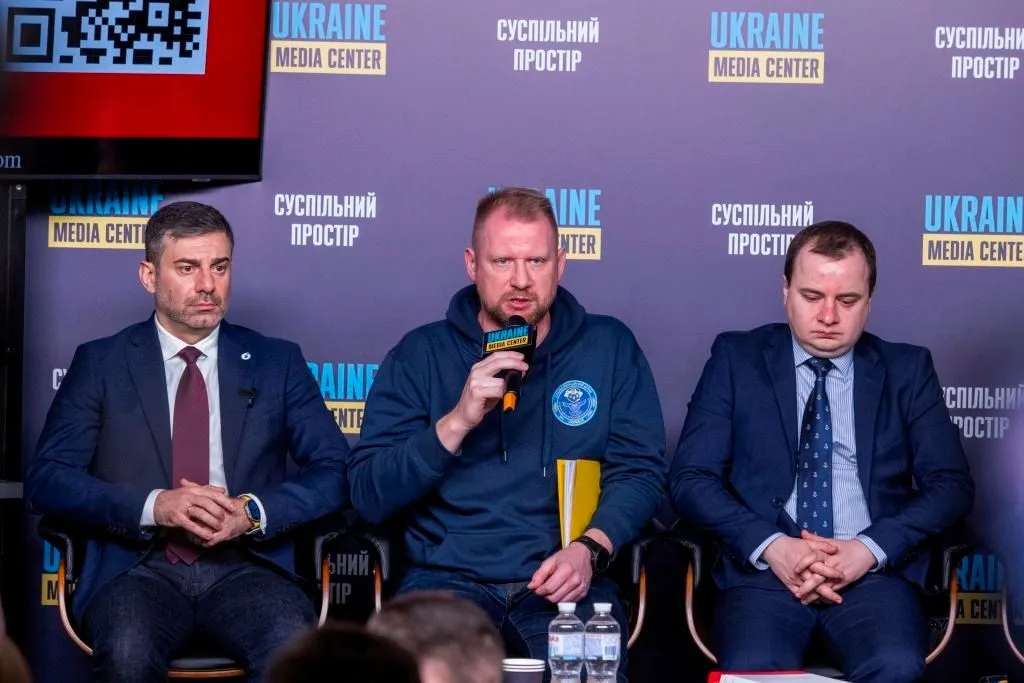
“These are five and a half thousand articles of the third convention, which Ukraine follows verbatim. The third convention obliges us to treat prisoners of war as well as possible. Why? So as not to be like the Russians. If we are part of the civilized world, we must work according to its laws.”
Read also: Rethinking international aid: the role of local organisations in the humanitarian response in Ukraine
Illegally Convicted
Not all those released from captivity are ready to talk about what they experienced there. The “Moscow Conventions” only outline the main large cases that are known.
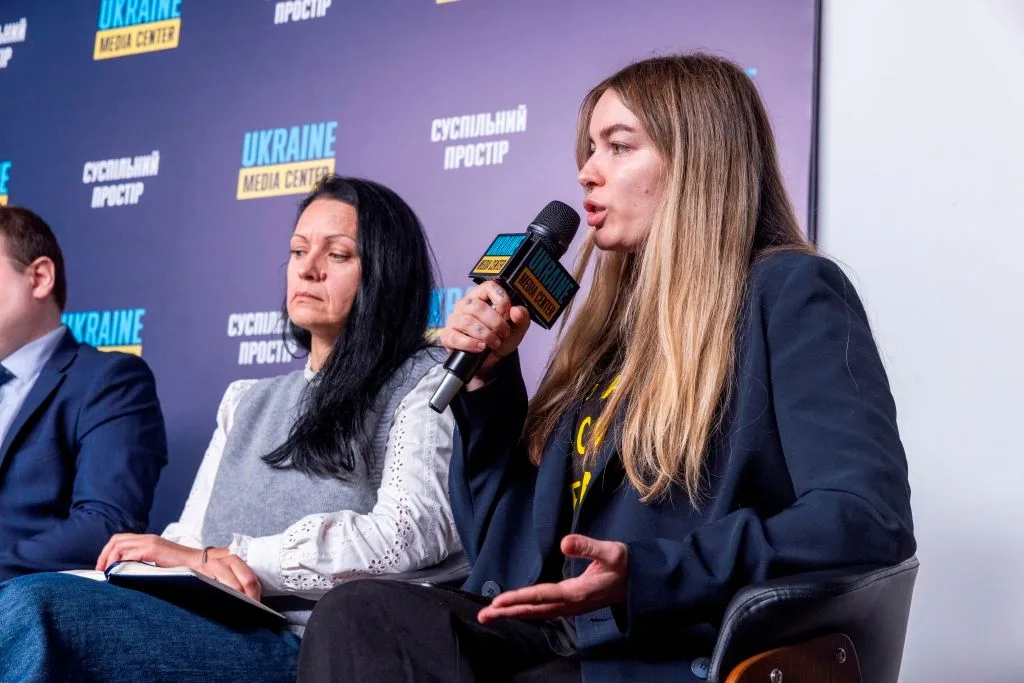
Yevhenia Synelnyk, a representative of the Association of Families of Azovstal Defenders, says: “We represent the families of prisoners of war. It is worth remembering that they also experience great pain. For example, my brother is still in a colony, he has already received the status of illegally convicted – he was sentenced to 27 years in prison. And we know that among the Ukrainian prisoners there are those sentenced to life. They are held in places for the most terrible criminals, along with serial killers and cannibals.”
A Site with Terrifying Numbers
Tetiana Katrychenko, Executive Director of the Media Initiative for Human Rights, collects evidence of crimes committed by Russians, particularly against prisoners of war.
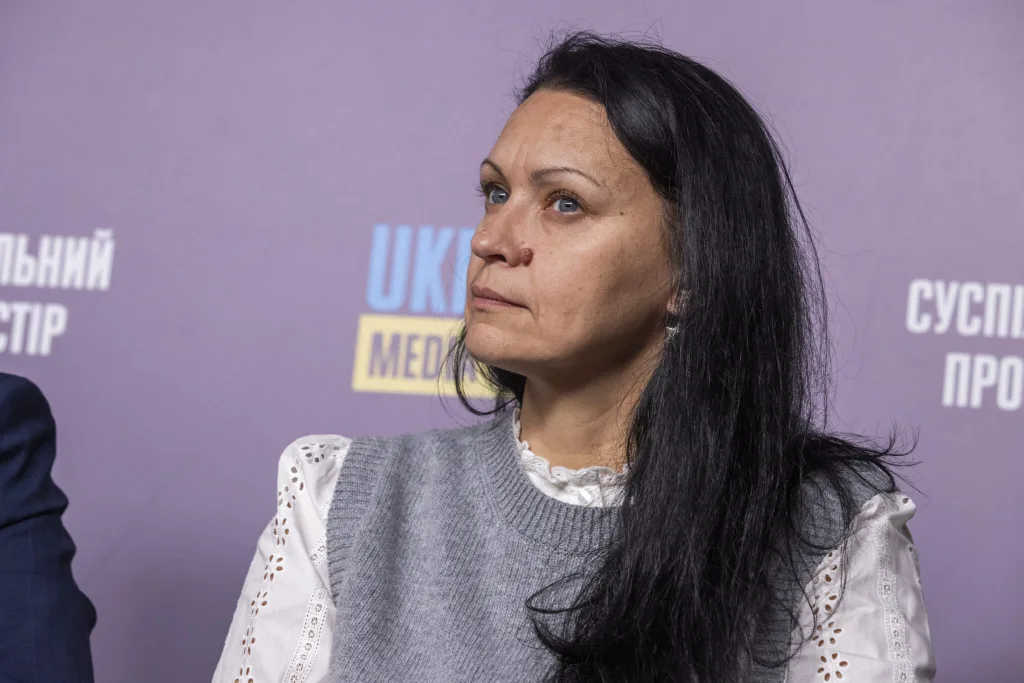
“I will allow myself a small remark. Yesterday my son told me that he has a friend whose boyfriend was captured near Vovchansk. She said: ‘I can’t read your site, everything written there is very scary.’ Yes, we write about very scary things that have actually become familiar to us. We interview not only those released who were captured after 2022, but also those who were detained earlier. For example, in 2019, during an exchange, those who had been in captivity for almost five years – since Debaltseve and Donetsk airport – were released. In the stories of all the released, we hear about the same patterns of behavior of the Russians. Today we talk a lot about the systematic torture experienced by 95% of Ukrainian prisoners. The world does not want to hear about it because it is scary. Therefore, we also focus on other violations of the third convention. For example, the prohibition of correspondence with relatives, Russia’s disregard for Article 109 of the convention, according to which severely wounded servicemen must be transferred outside the exchange procedure.”
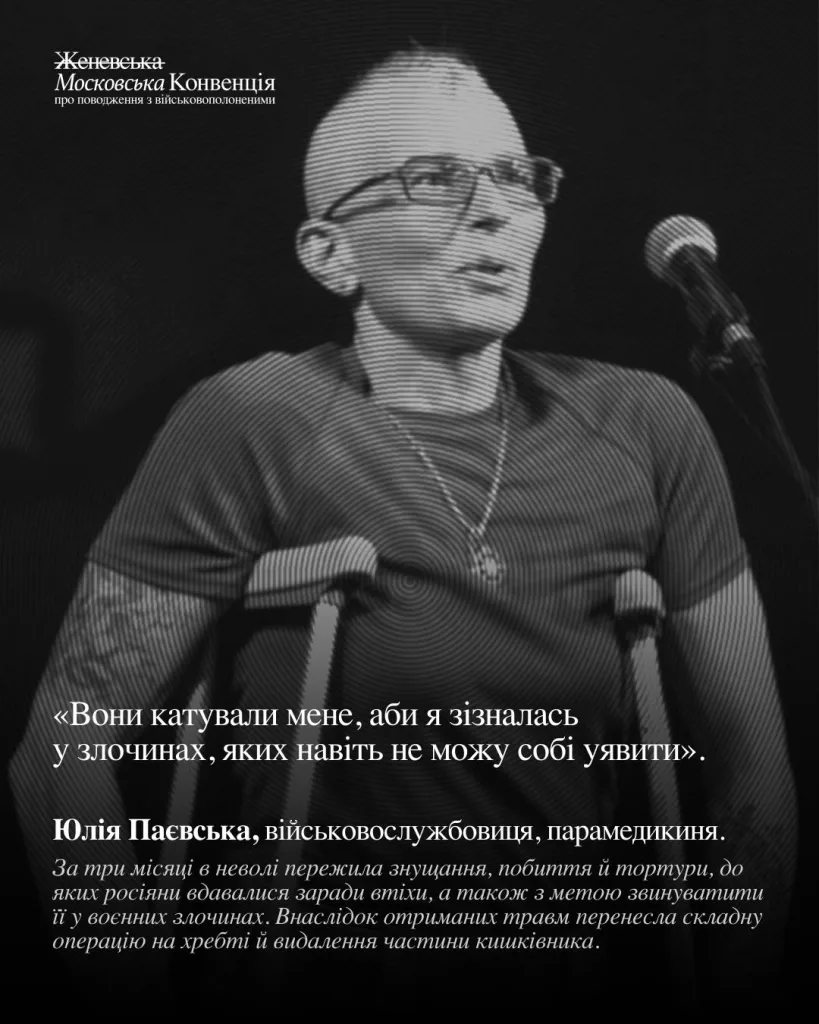
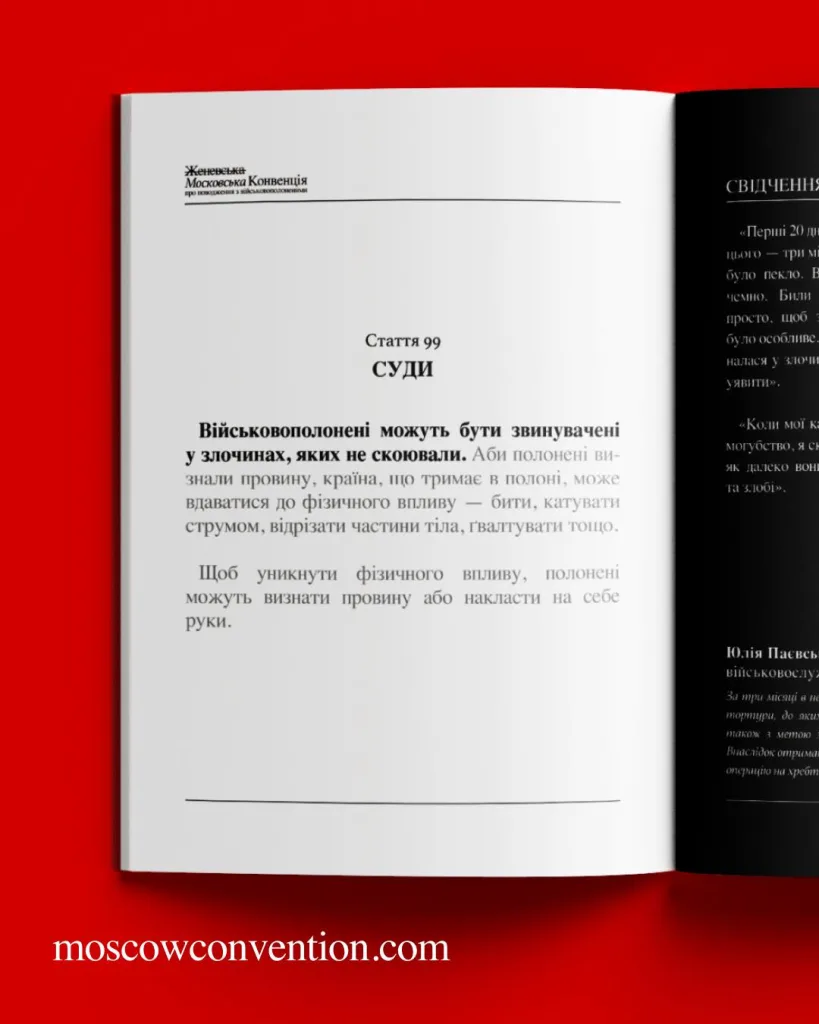
To date, 3,767 people have been released from captivity, including 168 civilians. However, according to the ombudsman, tens of thousands of Ukrainian citizens remain imprisoned.
Read also: “I don’t want to become an Epicenter.” The story of Viktoria, who makes plates for amputee soldiers



